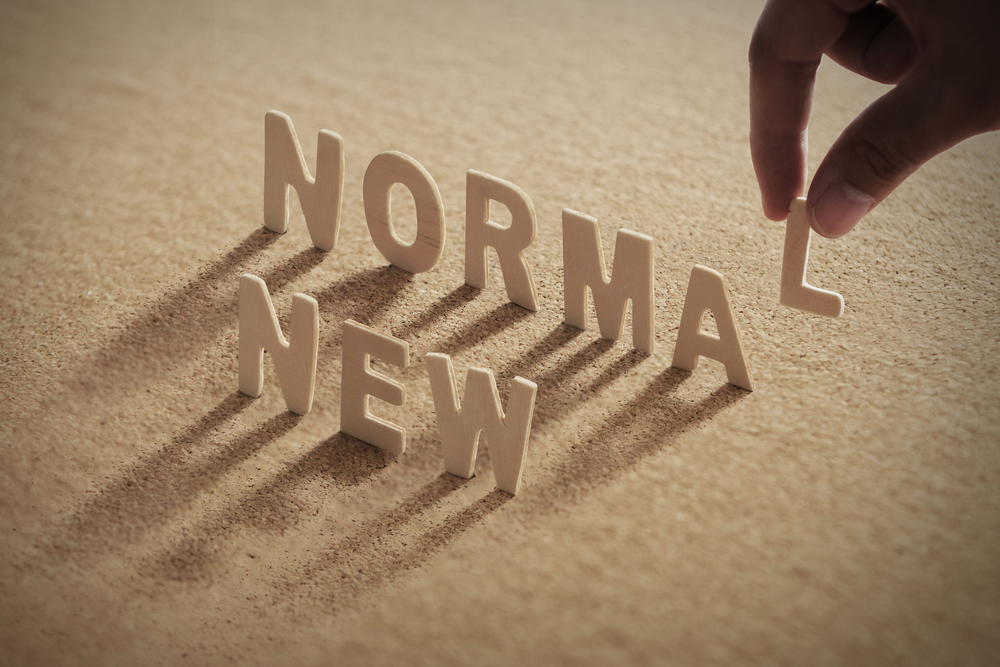The COVID-19 pandemic that has plagued the world for roughly 2 years has left companies scrambling to find the “new normal,” the rules of the road or a playbook that will define how they should operate moving forward.
The Problem with Seeking the “New Normal”
The big mistake companies make in their search for the “new normal” is assuming the new normal will be static, reliable, and stable. As the world has seen over the last 2 years, the situation is fluid and dynamic.
A great example is the response to the development of reliable COVID vaccines. The entire world watched this progress with optimistic expectations of a return to some version of the pre-pandemic world, and businesses planned to reopen offices and bring staff back on-site.
However, the lack of availability to vaccines in some parts of the world, hesitancy to take those vaccines in parts of the world where they have been available, and the emergence of new variants that are increasingly resistant to vaccines have caused companies to regularly push back their reopening plans.
As the global health situation has continued to change, so, too, has the regulatory landscape at the national, state, and local levels. Rules are constantly changing with respect to vaccine requirements, testing requirements, limits on gatherings, etc.
Finally, logistics have become incredibly strained globally, as an outbreak in one part of the world can disrupt supply chains around the globe, and a single outbreak can disrupt everything from flight schedules to sporting events.
Remaining Flexible and Dynamic
The takeaway for businesses and managers is not to live in fear or take a doom-and-gloom approach to running their operations. Instead, they need to understand that it’s essential to be agile, flexible, and dynamic in how they strategize. They have to consider contingencies for unexpected events and understand that even those contingencies may fail to account for unforeseen developments.
Lin Grensing-Pophal is a Contributing Editor at HR Daily Advisor.

